Desarrollo sostenible, medio ambiente y filosofía de la tecnología
| Issue | Vol. 18 Núm. 2 (1993): Ciencia y Sociedad |
| DOI | |
| Publicado | jun. 1, 1993 |
|
Estadísticas |
Resumen
Aunque el desarrollo es un fenómeno complejo, contradictorio y multifacético, el mismo suele ser concebido y estudiado, mayormente, en su dimensión cuantitativa, como crecimiento económico, despojado de sus aspectos cualitativos. La introducción en años recientes de la noción de desarrollo sostenible ha servido para ayudar a restablecer la complejidad y el balance en las discusiones sobre el desarrollo. Esa noción más compleja del desarrollo es, precisamente, el foco de atención del presente trabajo. Pero el propio desarrollo sostenible es objeto a su vez de interpretaciones diferentes y en ocasiones conflictivas. Nuestro primer propósito será, pues, analizar las más comunes de tales interpretaciones y su valorización del medio ambiente. Luego, pasamos a examinar qué hay detrás de la superficie de dichas interpretaciones, a fin de descubrir las filosofías implícitas y explícitas que las mismas presuponen.2 Finalmente, relacionamos estas filosofías para movemos específicamente en el campo de la filosofía de la tecnología.
Ibid., p. 44
Ibid., p. 43.
Jan Bojo, Karl-Goran Maler, and Lena Unemo, eds., Environment and Development: An Economic Approach (Dordrecht:Kluwer, 1990).
Ibid.
Ibid., p. 14.
Ibid.
Onno Kuik and Hanmen Verbruggen, eds., In Search oí Indicators of Sustainable Development (Dordrecht: Kluwer, 1991).
Brink, ibid., p. x.
H. Verbruggen and O. Kuik, " In Search of Indicators of Sustainable Developmen: an overview ”, en kuik and Verbruggen, In Search for Indicators, p. 1.
H. Opshoor and L. Reijnders, " Tovvards Sustainable Development Indicators ”, en Kuik and Verbruggen, In Search for Indicators, p. 8.
Ibid.
L. Braat, ” The Predictive Meaning of Sustainability Indicators ”, en Kuik and Verbruggen, In Search of Indicators, p. 57.
Michael. R. Redclift, Sustainable Development: Exploring the Contradictions (London: Methuen, 1987), p.35.
World Commission, Our Common Future, p. 43.
Redclift, Sustainable, p. 2.
Ibid., p. 3.
Ibid., p 36.
Ibid., p.35.
Ibid., p. 55.
Ibid., p. 199.
Stanley R. Carpenter,M Inventing Sustainable Tecnologies «, en J. Pitt and E. Lugo, eds.,M The Technology of Discovery and the Discovery of Technology: Proceedings of the Sixth International Conference of the Society for Philosophy and Technology (Blacksburg. Va.: Society for Philosophy and Technology, 1991), pp. 481-482.
Citado por Carpenter, en H Inventing Sustainable Technologies ", op. cit., p. 485.
Ibid., pp. 485-486.
Ibid., p. 487.
W. Rees, * The Ecology of Sustainable DevelopmentM, The Ecologist 20 (January-February 1990): 19.
Vandana Shiva, Staying Alive: Women, Ecology, and Development (London:Zed Books, 1989).
Vandana Shiva, M Resources ”, en W. Sachs, ed., The Development Dictionary (London: Zed Books, 1992), p. 206.
Citado por Shiva, ibid.
Ibid., p. 217.
Ibid.
159
Wolfgang Sachs, Bygone Splendor. On the Archeology of the Development Idea (I), PennState University,
november 1989, p.l (mimeo).
Wolfgang Sachs, M The Gospel of Global Efficiency. On WorldWatch and Other Reports on the State of the World M. IFDA Dossier 68, (Nov.-Dec., 1988), p. 4.
Ibid., p. 6
Amory Lovins, L. Hunter Lovins, and Seth Zuckerman, Energy Unbound: A Fable for America’ s Future (San Francisco: Sierra Club Books, 1986).
WorldWatch Institute, State of the World 1992 (New York:Norton, 1992).
Sachs, "The Gospel of Global Efficiency. On WorldWatch and Other Reports on the State of the World, IFDA Dossier 68 (Nov.- Dec. 1988), p.7.
Sachs, Bygone Splendor. On the Archeology of the Development Idea (I), pp. 7-8.
Ibid.,p.7.
Gustavo Esteva, " Development ", En Sachs, ed., The Development Dictionay, (London: Zed Books, 1992), p. 23.
Wolfgang Sachs, " Environment". EN The Development Dictionary, (London: Zed Books, 1992), p. 36.
160
Carl Hempel, " Operationism, Observation, and Scientific Terms M. En A. Danto and S. Morgenbesser, eds., PhilosophyofScience (Cleveland: World, 1960),pp. 101-120. Hempel cita a P>W> Bridgman como el iniciador del análisis operacional.
B. ten Brink, " The AMOEBA Approach as a useful Tool for Establishing Sustainable Development", en Kuik and Verbruggen, In Search of Indicators, p. 11
Alan L. Porter et. al., A Guidebookfor Technology Assessment and Impact Analysis (New York: Elsevier North Holland, 1980).
Arthur F. McGovem, Marxism: An American Christian Perspective (Maryknoll, N>Y>: Orbis Books, 1980) ;
Sergio Torres and John Eagleson, eds., The Challenge of Basic Christian Communities (Maryknoll, N>Y>: Orbis Books, 1981) .
Jacques Ellul, The Technological Society (New York: Knopf, 1964; original en francés, 1954). El interpretador de Ellul que hace más énfasis en la objetividad " sociológica " del enfoque de Ellul es Katherine Temple, en H The Sociology of Jacques Ellul" ; en P. Durbin, ed., Research in Philosophy and Technology, vol. 3. (Greenwich, Conn. : JAJ Press, 1980), pp. 223-261.
" The Absolute Dialectic of Jacques Ellul ", en Research in Philosophy and Technology, vol. 3, pp. 171-201.
Donald Phillip Verene," Technological Desire ", en Research in Philosophy and Technology, vol. 7 (1984), pp. 99- 112. 161
Joyce M. Hanks," A way Out in a No-Exit Situation? Jacques Ellul on Technique and the Third World,", in Research in Philosophy and Technology, vol. 7, pp. 271-286.
Mario Bunge, Treatise on Basic Philosophy, vol. 7, part II: Life Science, Social Science and Technology (Dordrecht: Reidel, 1985), p. 290.
Frederick Ferre, Philosophy o* Technology (Englewood Cliffs, N.J.: Prentice Hall, 1988), especialmente el capítulo 8.
Albert Boigmann, Technology and the Character of Contemporary Life (Chicago: University of Chicago Press, 1984), y Crossing the Postmodern Divide (Chicago: University of Chicago Press, 1992).
Larry Hicjman, John Dewey’s Pragmatic Technology (Bloomington: Indiana University Press, 1990).
Don Ihde, Technology and the Lifeworld: From Garden to Earth (Bloomington: Indiana University Press, 1990).
- Resumen visto - 360 veces
- PDF descargado - 178 veces
Descargas
Licencia
Copyright
© Ciencia y Sociedad, 2017
Afiliaciones
Paul Durbin
Universidad de Delaware, Estados Unidos



